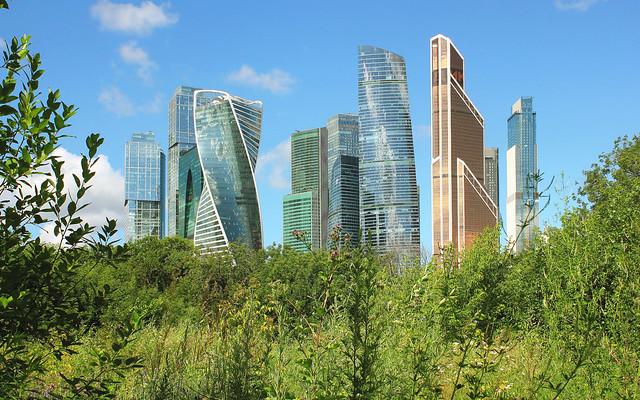Chakari
Overview
Geographical Setting and Accessibility
Chakari is nestled in the heart of Mashonaland West Province, approximately 150 kilometers southwest of Harare, the capital city of Zimbabwe. It is strategically located near the Zambezi River, which lends the area a picturesque backdrop of lush landscapes and vibrant vegetation. The town is easily accessible via the main highways, making it an ideal stop for travelers exploring the region. The surrounding terrain, with its rolling hills and fertile lands, offers a serene atmosphere that contrasts with the hustle and bustle of urban life.
Cultural Heritage and Community Life
Chakari is predominantly inhabited by the Shona people, who are known for their rich cultural traditions and artistry. The local community is warm and welcoming, allowing visitors to experience authentic Zimbabwean hospitality. Artisans in Chakari often showcase their skills through intricate stone carvings and traditional crafts that reflect the vibrant heritage of the Shona culture.
The air is filled with the sounds of local music and dance, especially during festivals and communal gatherings, where traditional instruments like the mbira (thumb piano) create a mesmerizing ambiance. Travelers can immerse themselves in this cultural tapestry by attending local events or visiting community centers that celebrate Shona customs, folklore, and storytelling.
Historical Significance
Chakari carries historical weight as it played a vital role during Zimbabwe's colonial era. The town’s name is derived from the Shona word "chakariga," which translates to "a place of learning." Historically, Chakari was a hub for agricultural development and settlement, with many communities forming around the rich mining and farming activities in the area.
The remnants of colonial architecture can still be seen, offering a glimpse into the past. Visitors can explore sites and monuments that tell the story of the struggles and triumphs of the local population throughout Zimbabwe’s tumultuous history, particularly during the fight for independence in the late 20th century.
Natural Attractions and Local Features
The beauty of Chakari extends beyond its cultural richness to include stunning natural attractions. The nearby Kariba Dam, one of the largest artificial lakes in the world, offers opportunities for fishing, boating, and wildlife viewing. The surrounding national parks, such as the Hwange National Park, are home to diverse flora and fauna, including elephants, lions, and various bird species.
Chakari itself boasts several small markets where visitors can purchase handmade crafts, fresh produce, and local delicacies. The atmosphere is vibrant and bustling, particularly in the early mornings when traders set up their stalls. This local commerce provides a fantastic opportunity for travelers to engage with the community, sample traditional foods like sadza (a staple made from maize), and take home unique souvenirs.
Conclusion: A Unique Travel Experience
For foreign travelers, Chakari offers a unique blend of culture, history, and natural beauty. The town is a hidden gem that provides insight into Zimbabwean life beyond the typical tourist paths. Whether you're interested in exploring local traditions, enjoying the scenic landscapes, or learning about the region’s rich history, Chakari promises an enriching and memorable experience that captures the essence of Zimbabwean hospitality and heritage.
Other towns or cities you may like in Zimbabwe
Explore other cities that share similar charm and attractions.




